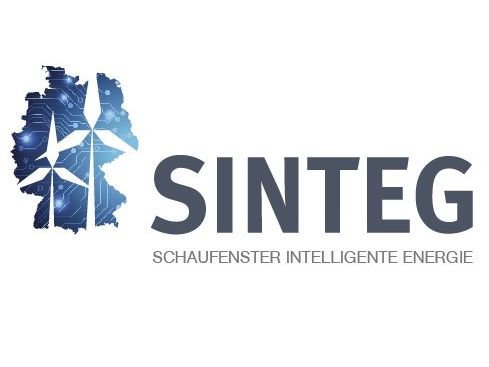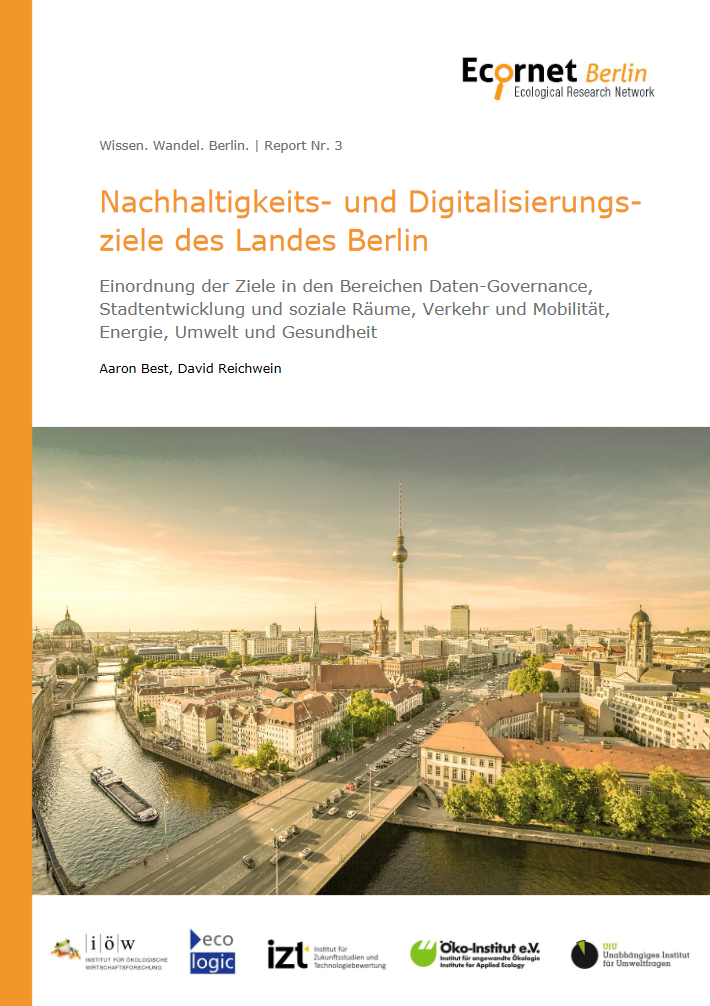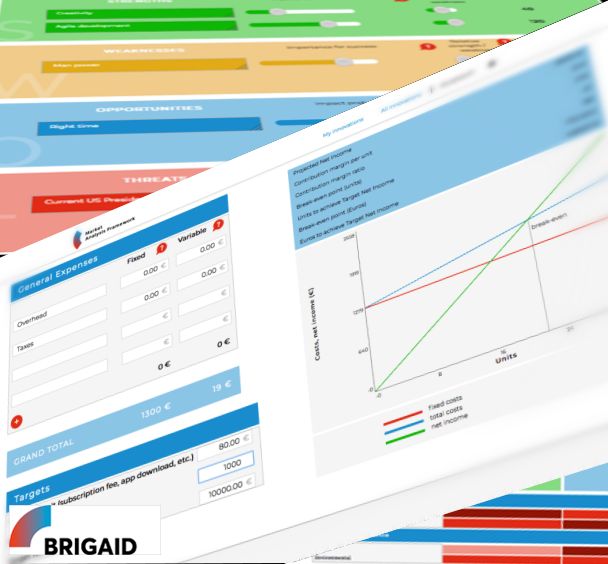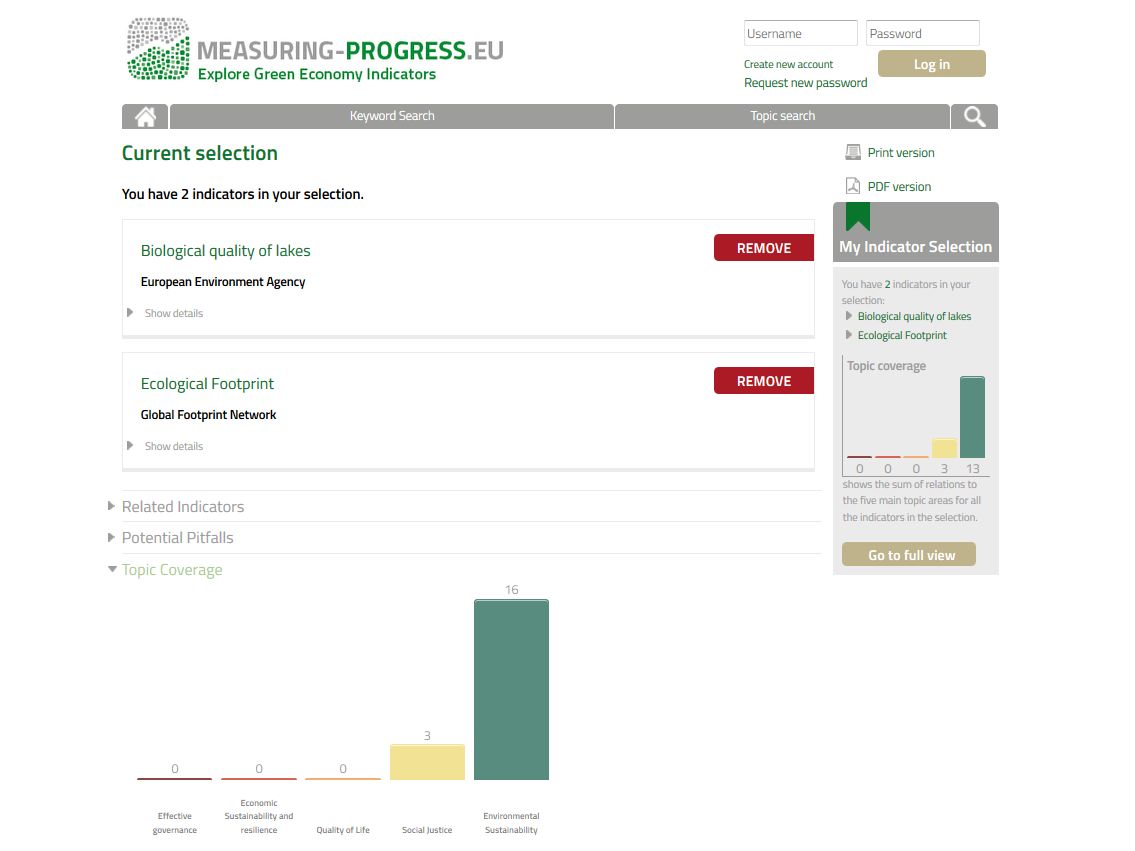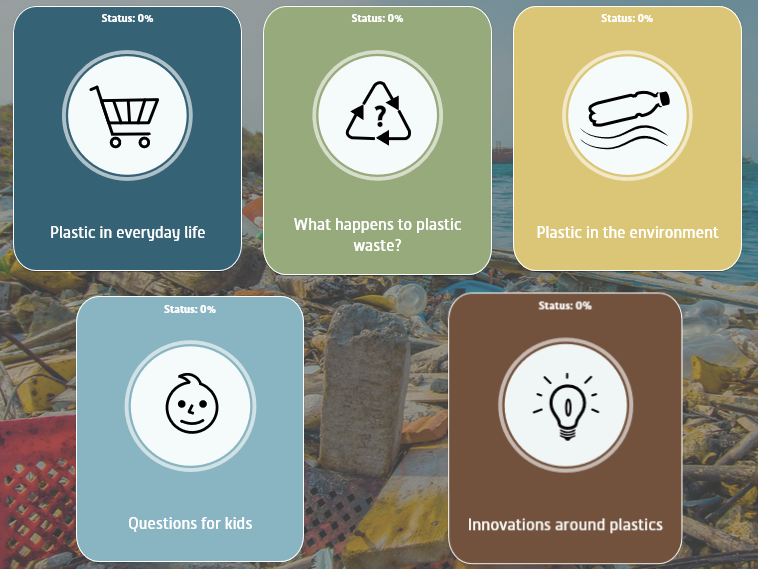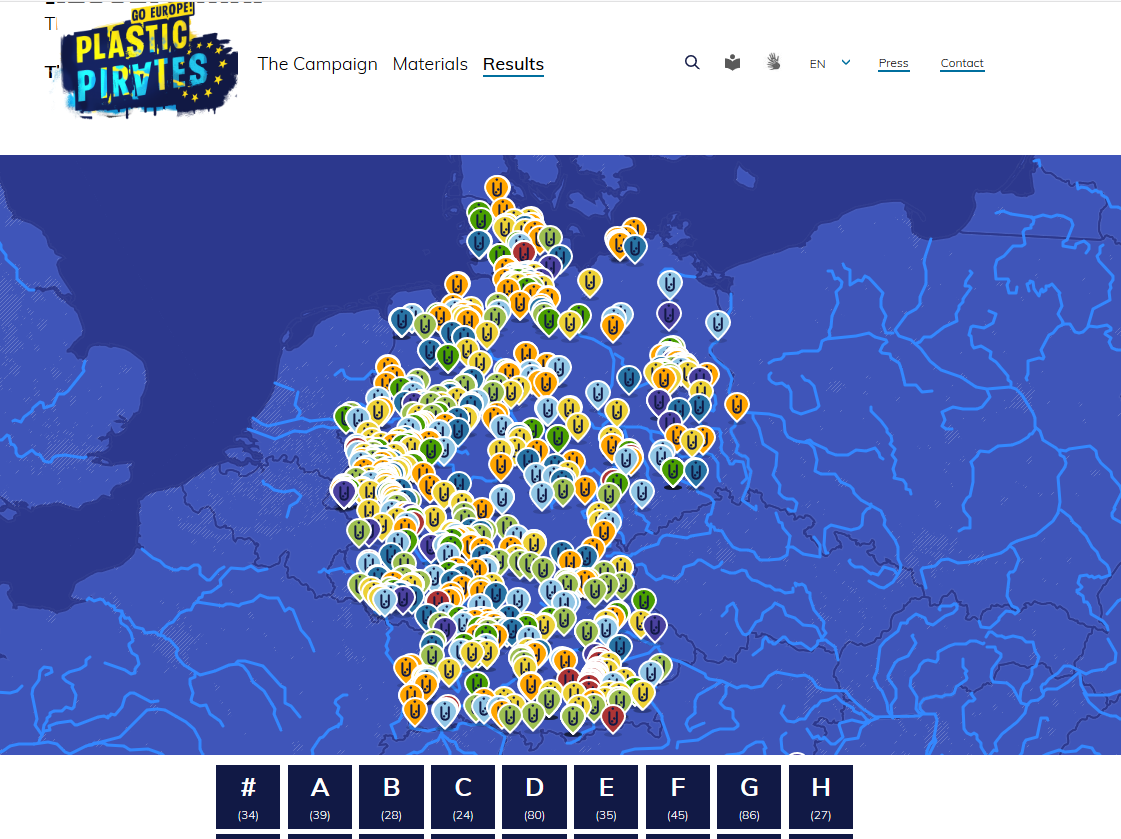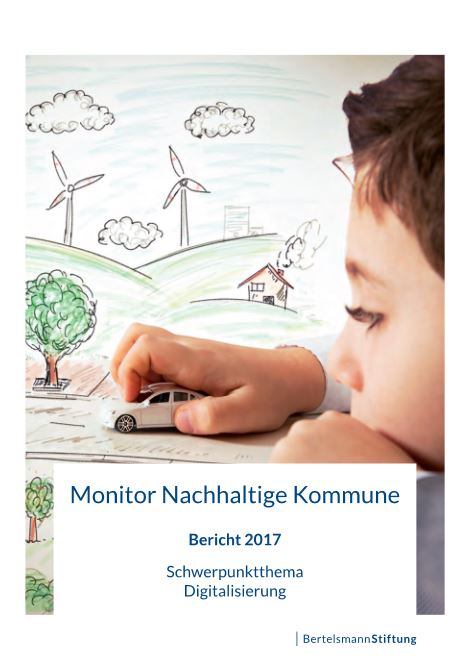Digitalization
Digitalization simultaneously benefits and harms the natural environment. On the one hand, it has the potential to be a powerful enabler of decarbonizing the economy and increasing resource efficiency by upping the pace of technical innovation. On the other hand, digital technology itself uses significant energy and material resources while its ability to drive down costs and overcome geographic distances contributes to higher levels of consumption.
Helping to shape the net impact of these contrasting effects on sustainability is a central objective of Ecologic Institute's work on digitalization. Some existing environmental policies are highly transferable to the topic. Other issues, however, relate to digitalization's novel and unique attributes, requiring fresh approaches and the inclusion of new kinds of expertise and partnerships at the institute.
Ecologic Institute has a long tradition of considering societal capabilities and the need for good governance as foundational requirements for sustainability. With this background, the institute addresses some of the most profound challenges related to digitalization in recent years: its effects on civil society, social cohesion, and governance models.
Contact
Selected Projects for Digitalization
Energy transition and infrastructures
Transformation Towards Sustainable and Resilient Infrastructures (TRAFIS II)
- Duration
-
-
- Funding
-
German Environment Agency (UBA), Germany
Green Finance – Strategies and Instruments for the Financing of Ecological Modernization
- Duration
-
-
- Funding
-
German Environment Agency (UBA), Germany
Coal Exit in Germany
- Duration
-
-
- Funding
-
Projektträger Jülich, Forschungszentrum Jülich (PtJ), Germany
Resource efficiency
Models, Potentials and Long-Term Scenarios for Resource Efficiency (SimRess)
- Duration
-
-
- Funding
-
German Environment Agency (UBA), Germany
Sharing Water-related Information to Tackle CHanges in the Hydrosphere – for Operational Needs (SWITCH-ON)
- Duration
-
-
- Funding
-
European Commission, Directorate-General Research & Innovation (DG Research & Innovation), International
Comparing Consumer Preferences for Smart Homes in the UK, Germany and Italy
- Duration
-
-
- Funding
-
E.ON (E.ON), Germany
Cities
Digital Water City – Leading urban water management to its digital future (DWC)
- Duration
-
-
- Funding
-
European Commission, Directorate-General Research & Innovation (DG Research & Innovation), International European Commission, Executive Agency for Small and Medium-sized Enterprises (EASME), International
Knowledge. Transformation. Berlin – Transdisciplinary research for a social and ecological metropolis
- Duration
-
-
- Funding
-
Governing Mayor of Berlin, Senate Chancellery , Germany
Data Governance and Regulation for a Sustainable Berlin
- Duration
-
-
- Funding
-
Governing Mayor of Berlin, Senate Chancellery , Germany
Oekoworld Workshop on Sustainability Evaluation of Businesses in the Digital Economy
- Duration
-
- Funding
-
Ökoworld Asset Management (Ökoworld), Luxembourg
Selected Publications for Digitalization
Best, A. & Reichwein, D. (2021). Nachhaltigkeits- und Digitalisierungsziele des Landes Berlin – Einordnung der Ziele in den Bereichen Daten-Governance, Stadtentwicklung und soziale Räume, Verkehr und Mobilität, Energie, Umwelt und Gesundheit (Wissen. Wandel. Berlin. Report Nr. 3). Berlin: Ecologic Institut, Forschungsverbund Ecornet Berlin.
Knoblauch, D., Felicetti, L. and Stein, U., 2020. Policy Matrix – Screening Of Digital, Data And Water Policies. [pdf] Berlin: Ecologic Institute.
Ecologic Institute 2017: "The BRIGAID Market Analysis Framework (MAF+)". Web. November 2017. Online: http://maf.brigaid.eu.
NETGREEN consortium, 2015: Measuring-Progress.eu. Explore Green Economy Indicators. URL: http://measuring-progress.eu/.
Ecologic Institute 2016: CIRCULAR IMPACTS Online Library. URL: https://circular-impacts.eu/library
Ecologic Institute 2020: Quiz: Plastic in the environment – What do you know? Online: quiz.bmbf-plastik.de
Ecologic Institute (2020): Plastic Pirates – Go Europe!. URL: https://www.plastic-pirates.eu/en
Knoblauch, Doris; Langsdorf, Susanne (2017): Nachhaltige Kommunen durch Digitalisierung?! – Ein Verfahren zur Einschätzung der Auswirkungen kommunaler Digitalisierungsprojekte auf eine nachhaltige Entwicklung. In: Bertelsmann Stiftung (Hrsg.) Monitor Nachhaltige Kommune. Bericht 2017. Schwerpunktthema Digitalisierung. Gütersloh.
Lucha, Christine and Lisa Meinecke 2019: How can we make the Energiewende digital and sustainable? [Blog] Energy Transition. The Global Energiewende. Online: https://energytransition.org/2019/04/energiewende-digital-and-sustainab…
Selected Presentations for Digitalization
Chairing:Climate Protection and Artificial Intelligence – How can AI help us reach the Paris Agreement?
- Date
-
- Location
- Berlin, Germany
Lecture:Legal Aspects of Big Data in the Energy Sector – Summer School Lecture
- Date
-
- Location
- Potsdam, Germany
Panel discussion:Comprehensive Sustainability Assessment of Digital Economy Companies
- Date
-
- Location
- Berlin, Germany




